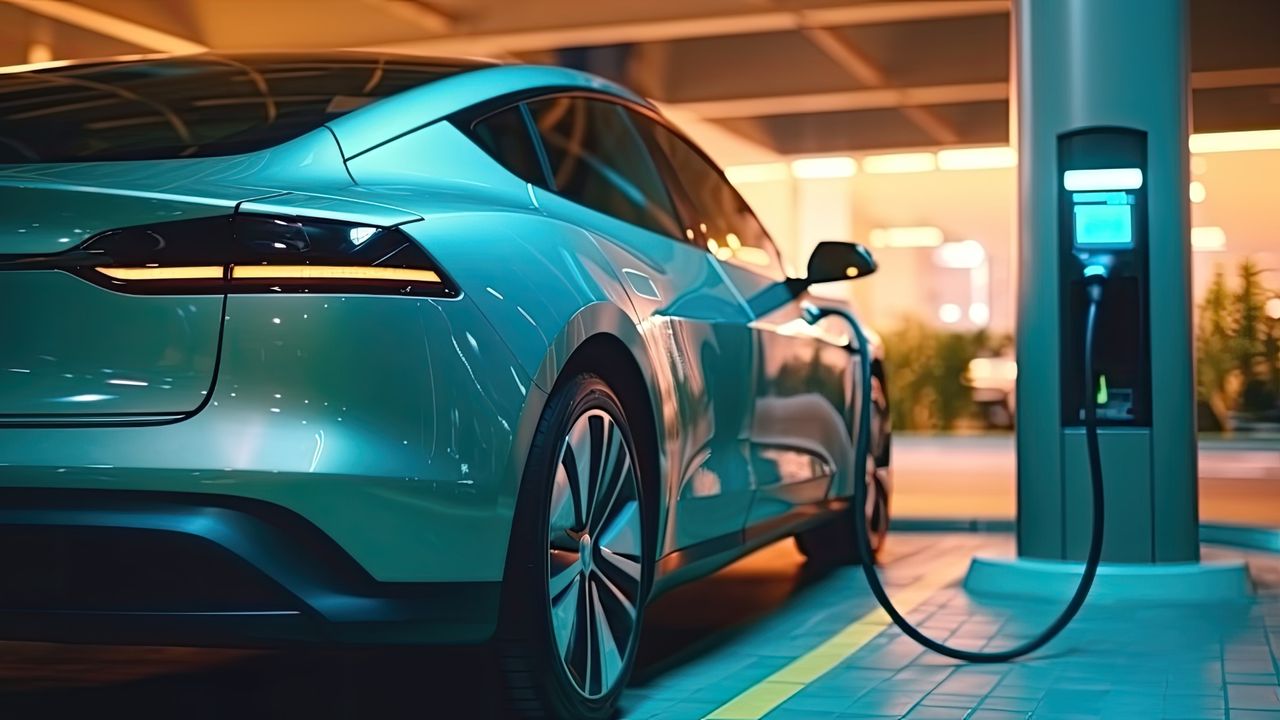Electric Car Leasing vs. Buying: Which Option is Right for You?
When it comes to transitioning to an electric vehicle (EV), one of the key decisions you’ll need to make is whether to lease or buy. Both options have their advantages and considerations, so it’s important to understand the lease terms, EV leasing options, and other factors that can influence your choice.
Lease Terms
Leasing an electric car typically involves signing a contract for a fixed period, usually around two to four years. During this time, you’ll make monthly payments to the leasing company. It’s important to carefully review the lease terms, including mileage limits, wear and tear guidelines, and any additional fees or charges. Understanding these terms will help you avoid any surprises or penalties down the road.
EV Leasing Options
Electric car leasing options have become increasingly popular as more manufacturers offer lease programs for their EV models. Leasing allows you to enjoy the benefits of driving an electric car without the long-term commitment of ownership. With leasing, you can often get a newer model with the latest technology and features, as lease terms usually align with the rapid advancements in electric vehicle technology.
Additionally, EV leasing often comes with lower monthly payments compared to buying. This is because you’re only paying for the depreciation of the vehicle during the lease term, rather than the full purchase price. If you’re on a budget or prefer to have lower monthly expenses, leasing might be the more financially feasible option for you.
Benefits of Leasing
1. Lower Upfront Costs
Leasing an electric car typically requires a lower upfront payment compared to buying. This can be especially beneficial if you don’t have a large sum of money available for a down payment. Leasing allows you to get behind the wheel of an electric car with minimal initial costs.
2. Warranty Coverage
Most lease terms coincide with the manufacturer’s warranty period, which means you’ll be covered for any potential repairs or issues during the lease term. This can provide peace of mind and save you from unexpected repair expenses.
3. Flexibility
Leasing gives you the flexibility to easily switch to a new electric car model once your lease term ends. If you enjoy having the latest technology and want to stay up-to-date with the newest electric vehicle advancements, leasing allows you to do so without the hassle of selling or trading in a purchased vehicle.
Benefits of Buying
1. Ownership
When you buy an electric car, you become the owner, which means you have the freedom to modify or customize the vehicle according to your preferences. Additionally, there are no mileage restrictions or wear and tear guidelines to worry about.
2. Long-Term Savings
While buying an electric car may require a higher upfront payment and higher monthly payments compared to leasing, it can result in long-term savings. Once you’ve paid off the car loan, you no longer have monthly payments, and you can enjoy the benefits of owning an electric car without any ongoing expenses.
3. Resale Value
If you plan to keep your electric car for an extended period, buying might be a better option. Electric cars tend to have good resale value, especially if they are well-maintained and have low mileage. This can potentially offset the initial higher cost of buying.
Conclusion
Deciding whether to lease or buy an electric car depends on your personal preferences, financial situation, and driving habits. Leasing offers lower upfront costs, lower monthly payments, and the flexibility to upgrade to newer models. On the other hand, buying provides ownership, long-term savings, and potential resale value.
Consider your priorities and evaluate the lease terms, EV leasing options, and the benefits of buying to make an informed decision. Whichever option you choose, transitioning to an electric car is a step towards a greener and more sustainable future.
